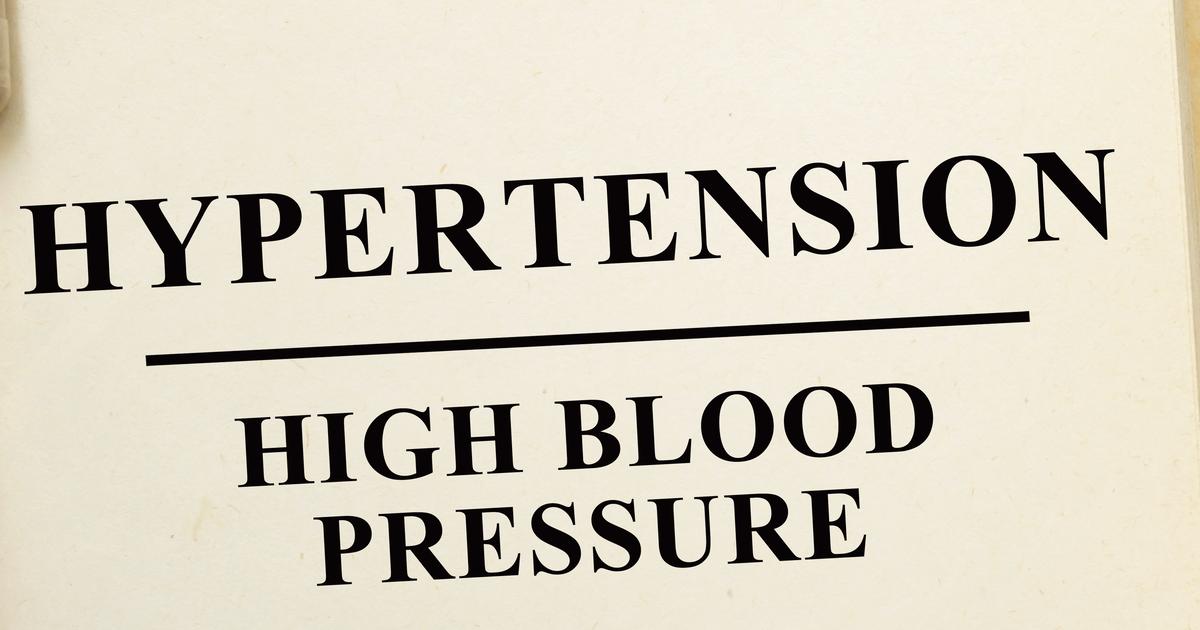Guide To Understanding Blood Pressure
Categories Of Blood Pressure

When an individual is diagnosed with high blood pressure, they are categorized into a stage of hypertension. Stages are not determined based on one single blood pressure reading but by an average of blood pressure readings over time. Stage 1 hypertension is diagnosed when an individual's diastolic blood pressure reading is between 80 and 89 mmHg, and their systolic blood pressure reading is between 130 and 139 mmHg. When an individual's systolic blood pressure reading exceeds 140 mmHg and their diastolic blood pressure reading exceeds 90 mmHg, they have Stage 2 hypertension. Medications are usually recommended for individuals diagnosed with Stage 2 hypertension. When an individual's systolic blood pressure reading exceeds 180 mmHg and their diastolic blood pressure reading exceeds 120 mmHg, they are in the danger zone, also called a hypertensive crisis. Even with no symptoms, an individual who is in a hypertensive crisis requires urgent medical treatment. Symptoms of a hypertensive crisis include chest pain, visual changes, hematuria, dizziness, headache, loss of muscle control in the face, and paralysis.
Read about the risks linked to unhealthy blood pressure readings next.